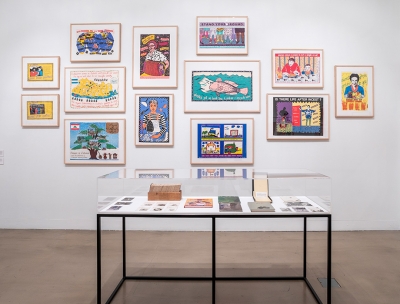In Everything, All the Time, Everywhere: How we became post-modern, journalist and author Stuart Jeffries explores two hypotheses: that ‘post-modernism originated under the star of neoliberalism’; and that the twin forces of economic neoliberalism and cultural postmodernism combined to shift identities in the global West from citizen to consumer. Jeffries offers a compelling frame through which to examine recent history. Postmodernism’s pluralism can make it seem like a glittering but unwieldy creature; yet, as Jeffries outlines in this book, its influence and contemporaneity with the rise of neoliberalism continue to be important. Jeffries’ approach is to work with, rather than against, the kaleidoscope of postmodernism. Focusing on the years between 1972 and 2001, predominantly in the United States and United Kingdom, Jeffries provides a diverse cross-section of analyses of political and economic movements, popular music, postmodernist art, architecture, Silicon Valley business culture, gender theory, philosophy, hiphop, the Rushdie fatwa, and beyond.
...
(read more)



